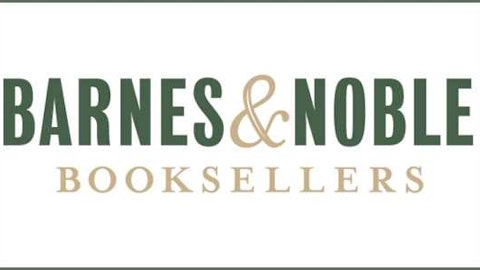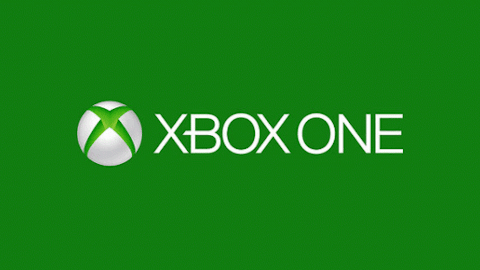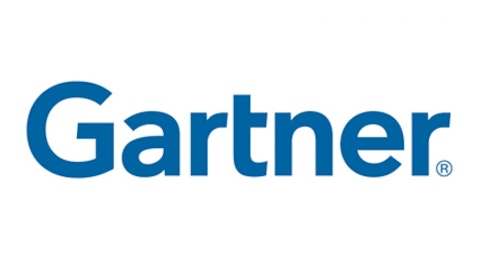An Android-powered console arrives
While the LeapPad might be worth a look for younger kids, the Ouya could interest the older ones. Ouya is a $99 Android-powered console that started as a Kickstarter project. This week, the eagerly-anticipated console went on sale on Amazon, as well as brick-and-mortar retailers GameStop, Target and Best Buy, and it sold out at all locations in a single day.
Source: Mashable
For $99, customers get a small set-top box, an HDMI cord and a single wireless controller. It is powered by a quad-core NVIDIA
Tegra running at 1.7 GHz and has a Wi-Fi radio chip. In other words, the Ouya is the guts of an Android tablet rebuilt in console form. Games can be downloaded directly from the Internet via its software front-end, the Ouya Store.
Ouya claims that over 12,000 developers have signed on to create games for the platform. Its store currently has over 150 games specifically created for the console, including Sega’s Sonic the Hedgehog and Square Enix’s Final Fantasy III.
Although the Ouya can’t compete with the PlayStation 4 or Xbox One in terms of processing horsepower or added features, it has excited gamers for another reason – the open source nature of Android. Ouya CEO Julie Uhrman emphasized that all of the store’s games were free to try, since gamers shouldn’t be “gouged by paying $60 for a game” that they might not even like. The Ouya Store is open to both seasoned developers and new ones, with the only requirement being that a part of the game be made free-to-play. For example, the first level of
Sonic the Hedgehog is free-to-play, but it costs $6.99 to unlock the rest of the game.
Bigger isn’t always better
Ouya’s back-to-the-basics approach, which will probably remind older gamers of the carefree days of ‘shareware,’ has excited many gamers. It also shows Sony Corporation (ADR) (NYSE:SNE) and Microsoft Corporation (NASDAQ:MSFT) that bigger and louder might not necessarily be better. Microsoft, in particular, was harshly criticized for its byzantine methods of enforcing DRM via Internet spot checks and check-ins for the Xbox One, a practice Sony mocked in a recent ad campaign. This backlash ultimately forced Microsoft Corporation (NASDAQ:MSFT) to reverse its DRM policy.
For budget-conscious households, the Ouya is also a much more affordable choice than the $499 Xbox One and the $399 PlayStation 4. Ouya appears to share a common philosophy with Nintendo> – that all the processing power in the world can’t make a bad game great, but exceptional games can be built for lower-powered platforms. If the Ouya can offer fun, casual games from a constant stream of high-profile developers, it might just dent Microsoft Corporation (NASDAQ:MSFT) and Sony Corporation (ADR) (NYSE:SNE)’s sales before the holiday season arrives.
Although the Ouya lacks the media streaming capabilities of its larger rivals, the company states that it intends to add those features soon.
In closing, I believe that investors should always look for niche markets that could make a major impact on the industry and change the status quo. LeapFrog will continue dominating the children’s tablet market, since mainstream tablet manufacturers are more focused on creating sleeker, lighter products that certainly aren’t meant for kids. Ouya’s impressive initial sales indicate that there’s still a market for lower-powered casual gaming consoles. More importantly, Ouya’s popularity indicates that
Microsoft Corporation (NASDAQ:MSFT) and Sony Corporation (ADR) (NYSE:SNE) could be approaching gamers in the wrong way by offering bigger, more expensive consoles and games that resemble movies more than games.
Therefore, investors should keep an eye on LeapFrog and Ouya and see what these companies do next. I believe that they have the potential to grow and shake up the market in the long run.
The article A Tale of Two Niche Gadgets originally appeared on Fool.com and is written by Leo Sun.
Leo Sun has no position in any stocks mentioned. The Motley Fool recommends Google and LeapFrog Enterprises. The Motley Fool owns shares of Google, LeapFrog Enterprises, and Microsoft. Leo is a member of The Motley Fool Blog Network — entries represent the personal opinion of the blogger and are not formally edited.
Copyright © 1995 – 2013 The Motley Fool, LLC. All rights reserved. The Motley Fool has a disclosure policy.





